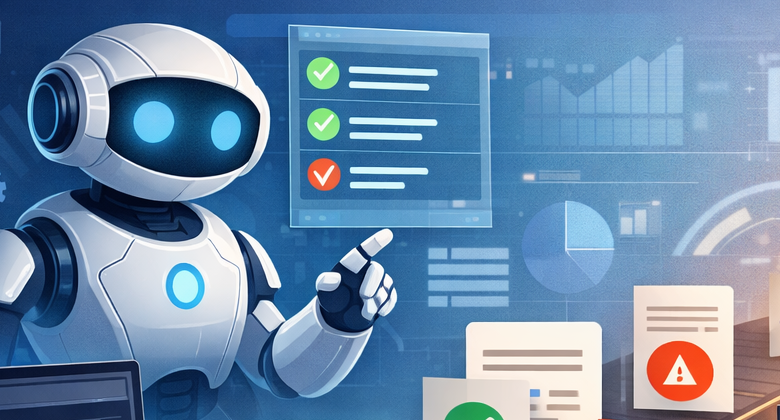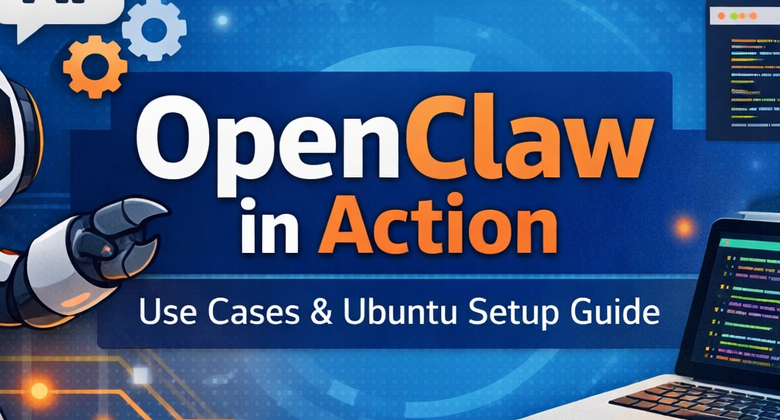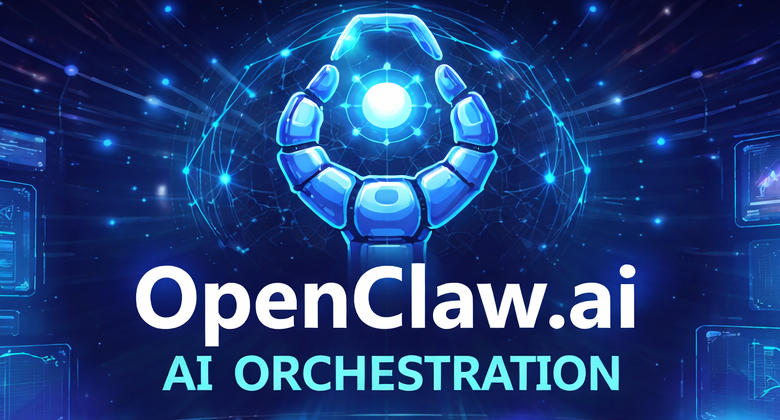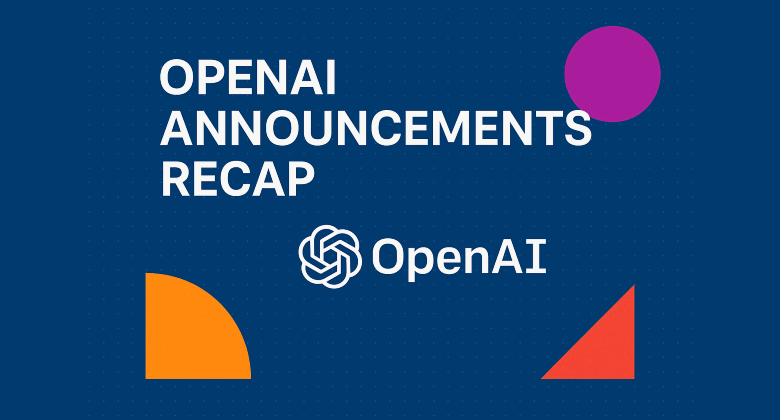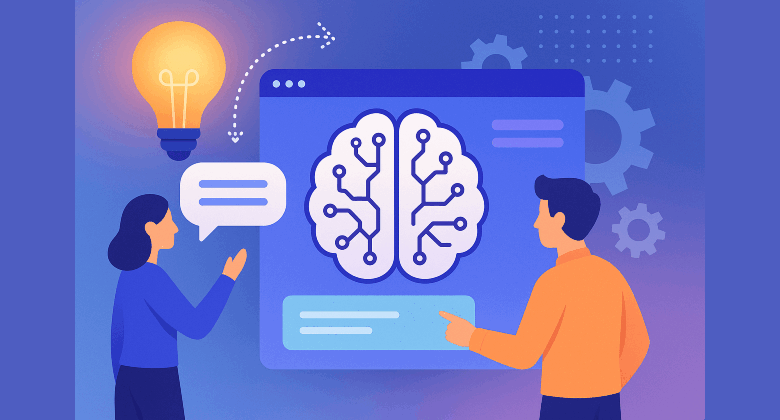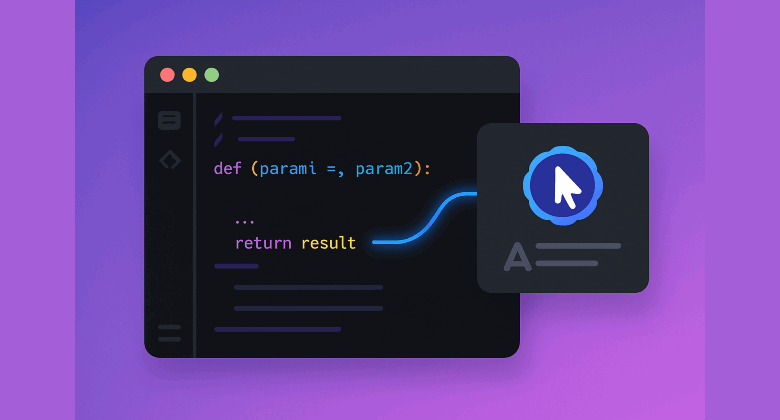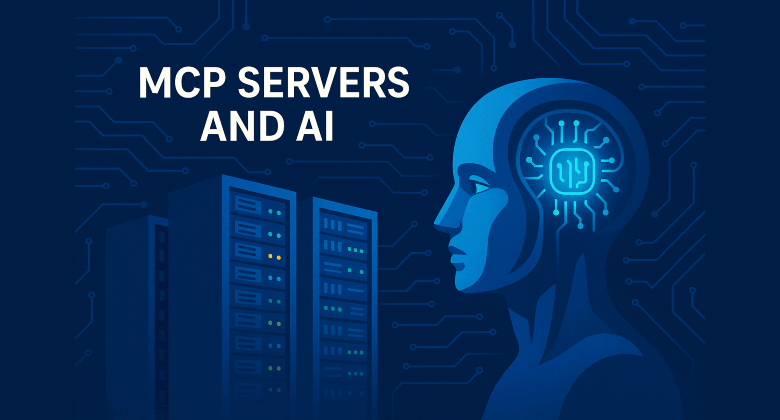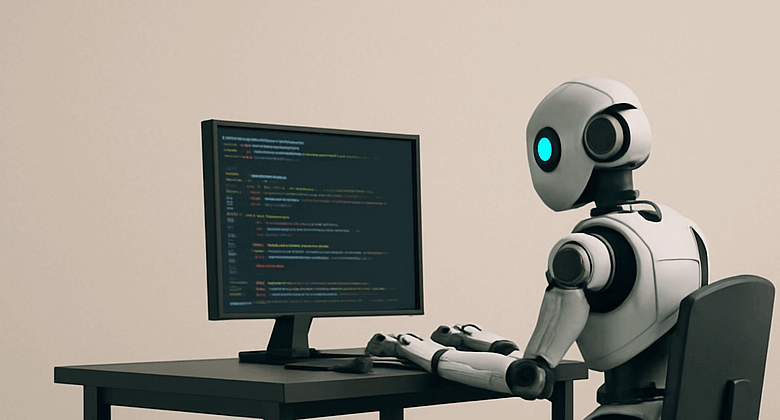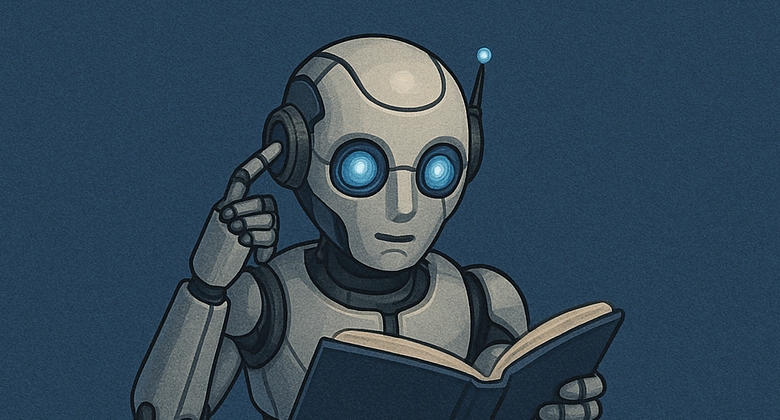CI/CD automated what happens after code is written. Agentic repos automate the work around code: triage, upgrades, tests, and refactors. The key shift is that the output is not chat text; it is a reviewable PR with diffs, commands run, evidence, and rollback notes. Done right, the value is leverage without surrendering control because humans stay the merge gate.
OpenClaw Beyond the Hype: Practical Use Cases and a Hands-On Ubuntu Install
AI assistants are everywhere right now, but most of them stop at conversation. OpenClaw takes a different path. It is a self hosted, autonomous AI assistant designed to actually do things across your system and the tools you already use. From managing messages and automating workflows to running scripts and …
OpenClaw: From Talking Bots to Acting Systems
OpenClaw is not another chatbot. It is an AI driven control layer designed to live inside real systems. Formerly known as ClawdBot, OpenClaw evolved from a conversational experiment into an event driven assistant that reacts to time, signals, and infrastructure. Built on cronjobs, webhooks, and an agent that reasons about intent rather than rules, OpenClaw coordinates workflows, monitors systems, and takes action across tools without constant human input. It is quiet when nothing matters, decisive when something does, and designed for production environments where automation needs judgment, not just scripts.
OpenDev Recap: Everything OpenAI Announced
OpenAI used its OpenDev stage on October 6, 2025 to push ChatGPT from a capable assistant into a platform you can build on. The headliners were apps that run directly inside ChatGPT via a new Apps SDK, AgentKit for building and shipping agentic workflows, general availability of Codex with a fresh SDK and Slack integration, and a strategic AMD partnership aimed at scaling compute to six gigawatts. This post breaks down what shipped, why it matters, and how developers can start building today.
LiteLLM at Home: One Endpoint, Real Budgets, Zero Surprises
I’ve been tinkering with LiteLLM at home, and pairing it with my OpenWebUI setup has unlocked something surprisingly practical: real budgets I can enforce automatically so there are no surprise bills. LiteLLM gives me one endpoint for many providers, per-key rate limits that fit each person in my household, and a clean way to bring local models into the same flow. In this post I break down how it works, why it matters for home-brew projects or small teams, and how to deploy it with Docker, end to end. I’ll also show simple recipes for monthly caps, per-key tokens-per-minute or requests-per-minute, and routing that prefers cheap or local models first.
Mastering AI Prompt Writing
Writing effective prompts for AI is less about magical keywords and more about clear communication. Whether you’re creating documentation, training a colleague, or automating tasks, the way you frame your request to an AI determines the quality of the result. In this extended guide, we’ll go step-by-step through prompt structures, metaphors that make the concept click, workplace training scenarios, and a library of examples you can use immediately.
From VIM to Cursor. Why I’m Rethinking My Code Editor After 15+ Years
Cursor AI IDE is an AI-enhanced fork of Visual Studio Code that integrates large language models directly into your coding workflow. As a long-time VIM user who actively avoids bloated tools like VS, I never expected to be saying this; but after using Cursor for the past month, I’m seriously considering switching full-time. The productivity gains are just that significant, especially when working with complex monorepos.
Model Context Protocol Servers and AI… What???
Model Context Protocol (MCP) servers are reshaping how AI systems interact with the world. Think of them as standardized “ports” that let AI tools securely and intelligently plug into other systems, whether it’s file storage, databases, productivity tools, or developer environments. As the AI ecosystem matures, these servers are becoming critical infrastructure, quietly powering some of the most advanced capabilities in tools like Claude, Copilot, and Replit’s Ghostwriter.
This post digs into the Model Context Protocol (MCP), how servers implement it, why it’s becoming the USB‑C of AI, and what it means for developers building the next generation of intelligent apps.
Takeaways on ChatGPT Codex
This article explores how software developers can integrate ChatGPT Codex into their development workflows, from initial code generation to pull request creation. Codex is OpenAI’s code-focused large language model, capable of reading and writing code, generating test cases, and interacting with GitHub repositories. We explain how to get the most out of Codex by combining it with unit tests and test-driven development (TDD), ensuring reliable and verifiable results. Drawing on real-world advice from Simon Willison, we emphasize why automated testing is not just a complement but a critical enabler of safe and effective AI-assisted software engineering.
Beyond the Buzzwords: What Is Machine Learning, Really?
Machine learning is transforming industries, but at its core, it remains a field built on mathematics, logic, and structured data modeling. This article walks through the foundational principles of machine learning, stripping away the modern layers of abstraction to focus on its original essence. No libraries, no black boxes, just math and reasoning. Whether you’re a beginner with a math background or a curious technologist aiming to understand what actually powers intelligent systems, this is a ground-up journey into how machines learn.

